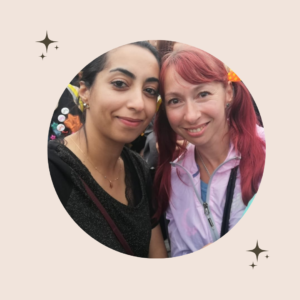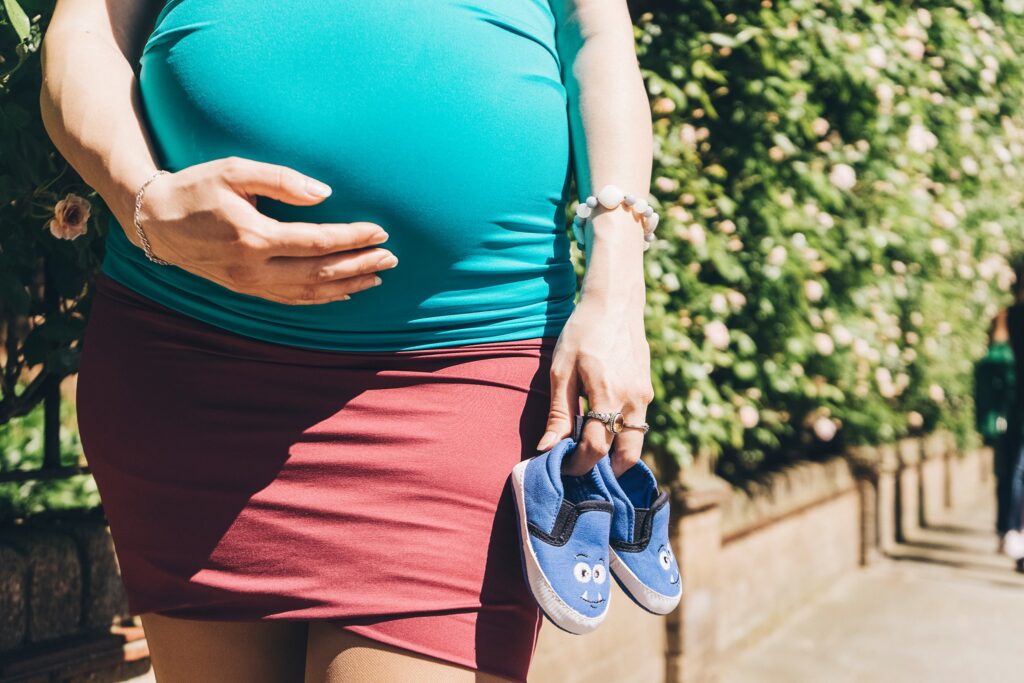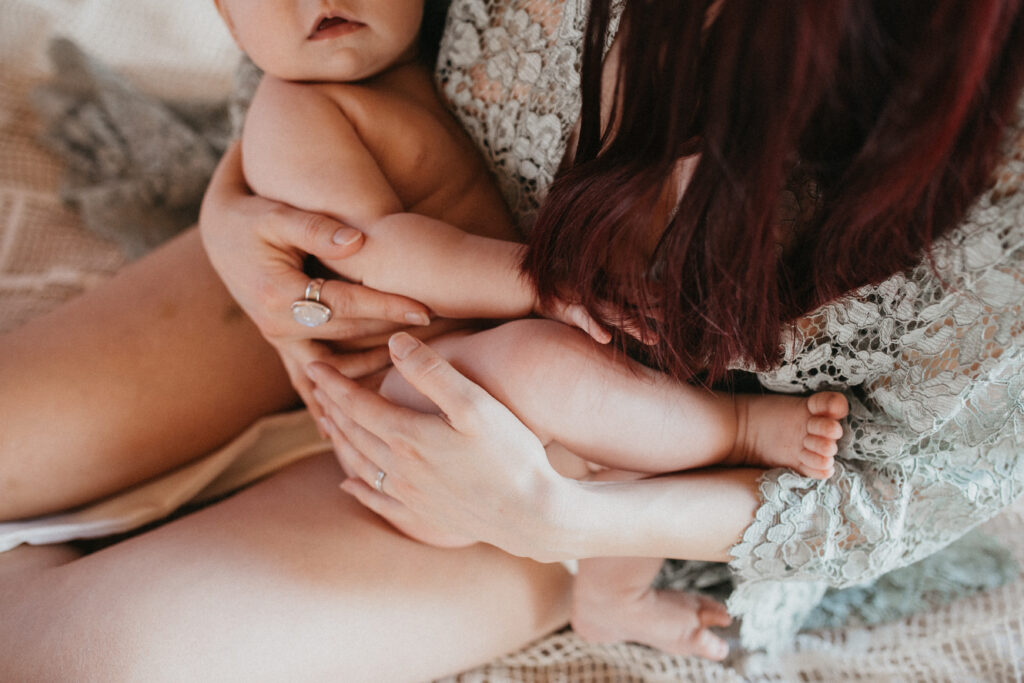Mothers need support
Estonia has very good conditions for staying home with their children after giving birth, but today's society is very isolated. The focus is on taking care of the baby, but the physical and emotional changes of a woman who has just given birth, are mostly the woman's responsibility alone - and she has neither the strength nor the time to do this. Lack of support is one of the main factors in the development of postpartum depression.
Could we do better? Yes, we could!
I first heard about Moroccan postpartum practices during the Newborn Mothers Postpartum Education and Care Professional course. Just knowing that the mother is also cared for after birth really spoke to me as a mother and postpartum doula. I thought how great it would be to know someone from Morocco who could introduce me to Moroccan postpartum practices and the Universe fulfilled my dream by bringing Sana into my life.
Sana and I are both mothers, we know firsthand what sleepless nights, breastfeeding difficulties, developmental leaps and repeatedly reheated coffee mean, among other things, we know the lyrics to Coldplay songs by heart, because very often that is where we have found fuel for our happy hormones. I asked Sana to talk about her postpartum period and the traditions that go with it for this blog.
Postpartum time in Morocco
Recalling the postpartum period, Sana says that the most surprising and wonderful thing for her was the first breastfeeding:
“The baby's instincts and the connection that develops between mother and baby – it was magical”
But she immediately adds: "Of course, that wasn't all, to be honest, the first few days were still very difficult emotionally: sleepless nights, baby blues, all these changes in daily life and a body that is powerless to move like before."
Sana believes that a woman who has given birth needs support from everyone around her, and she needs people around her who fully understand the emotions a new mother is going through: “It’s so important to have someone who listens and doesn’t argue; to have someone who helps and someone who hugs. A woman who has just given birth needs a lot of hugs! It’s a big help if someone can help take care of the baby so that the mother can take a little breather and rest.”
What worked well in Sana's family was that she took care of the baby and her mother took on all the household chores. In Morocco, it is customary for a woman's mother to come live with her daughter until the new family can manage everything on their own, or for the daughter to go live with her mother for a while.
Postpartum care
Moroccan postpartum practices have not changed much over time. The same rituals and celebrations that Sana experienced were also experienced by her mother and grandmother. The most common tradition is to go to a hammam 3-7 days after giving birth, where the new mother is offered treatments. It is believed that the earlier you go and the more often you repeat the ritual, the faster the mother will recover. Some traditional Moroccan midwives recommend performing the hammam ritual every other day for the first two weeks.
A hammam is a hot-air sauna where the temperature is raised by heating pools, which release moisture and heat into the air. In a hammam, the mother's body is gently washed and a body scrub is offered with natural scrubs, which usually contain soap, olive oil, clay and rose water.
One of the traditional Moroccan practices is called closing of the bones, which is known in Estonia as cocoon care (kookonhoolitsus) It is an emotionally and physically healing ritual that includes a special massage. In Morocco, it is a skill that is acquired through work.
Also important is henna body painting. It is believed that henna paintings ward off evil spirits that can cause illness, depression, and a weak relationship between mother and child. Applying henna to the body, especially the feet, keeps a woman from getting up too quickly to do household chores.
Hammams are enjoyed with family or friends. There are public hammams and private hammams, and treatments can also be done at home. It is a very pampering experience that helps the mother feel loved and important. It nourishes both the body and the soul.
Postpartum food
Preparations for the postpartum period began during Sana's pregnancy. However, it may be surprising that postpartum preparations in Morocco primarily involve the necessary activities to receive guests and friends, such as preparing special festive clothing and sweets. Before the birth, a traditional dessert called sellouis prepared, which is beneficial for breastfeeding due to its nutritional value and is also shared with your guests. Sellou consists of whole wheat flour, butter/olive oil, honey, almonds, sesame seeds and various spices such as nutmeg, cinnamon, anise.
When a baby is born, it is celebrated with family and friends and a traditional dish called rfissais prepared. Rfissa is a dish made of chicken and lentils, the broth of which contains fenugreek seeds (especially beneficial for nursing mothers), saffron and other warming spices to warm the mother's body and support her recovery.
Family, friends, and good food play an important role in Moroccan culture.
A supportive thought from mother to mother
Finally, Sana says to all mothers who are feeling tired and hopeless right now: “This can all be really hard, you may be constantly feeling guilty and thinking about what could have been done better, but in the end it is only a short time in your and your child’s life – time flies, notice the beautiful moments amidst the difficulties and value the time together!”
Thank you, Sana, for sharing your experience. Sending you warm hugs!
Closing the bones postpartum ritual in your home
I am happy to announce that I am now offering a deeply supportive closing the bones ritual with a warming spice drink, postpartum abdominal massage, herbal compress and rebozo relaxation for mothers in their own homes. Read more and book your treatment here
With care,
Doula Daisi



